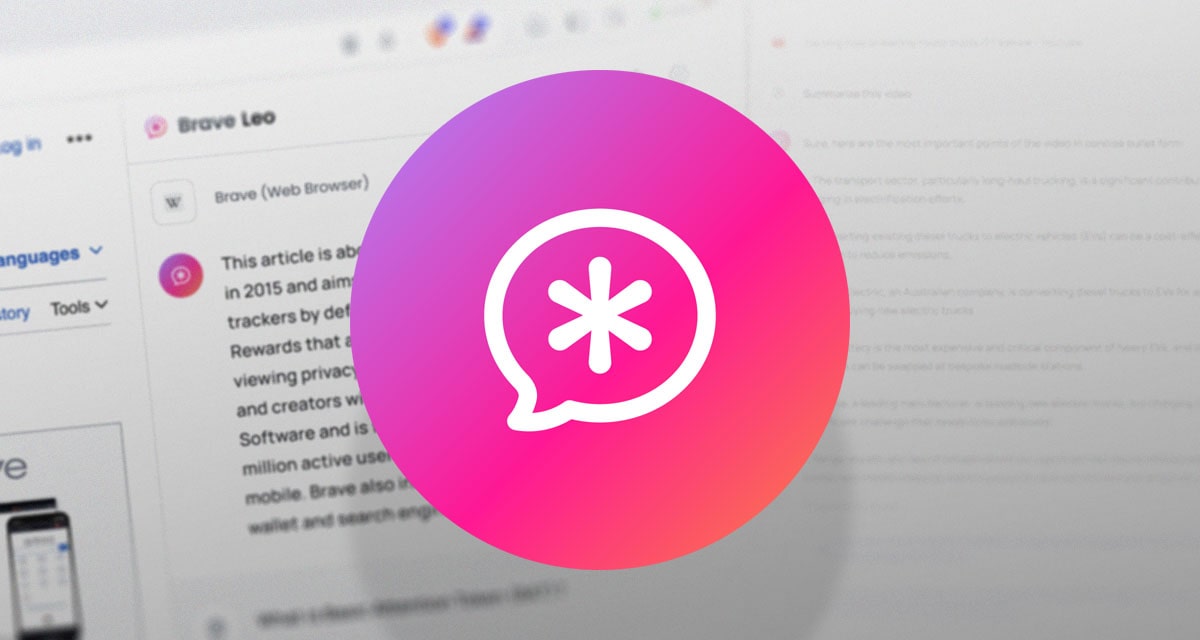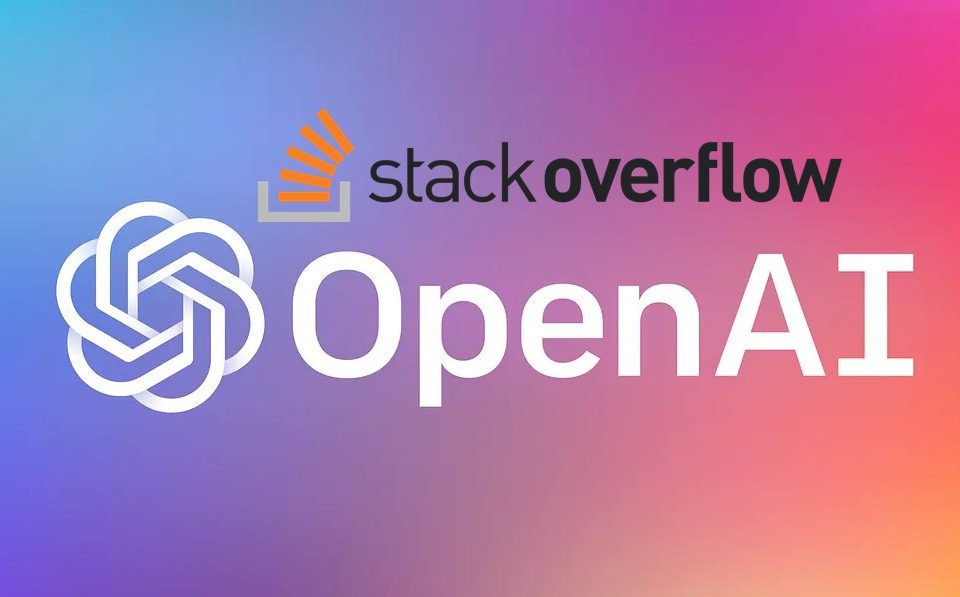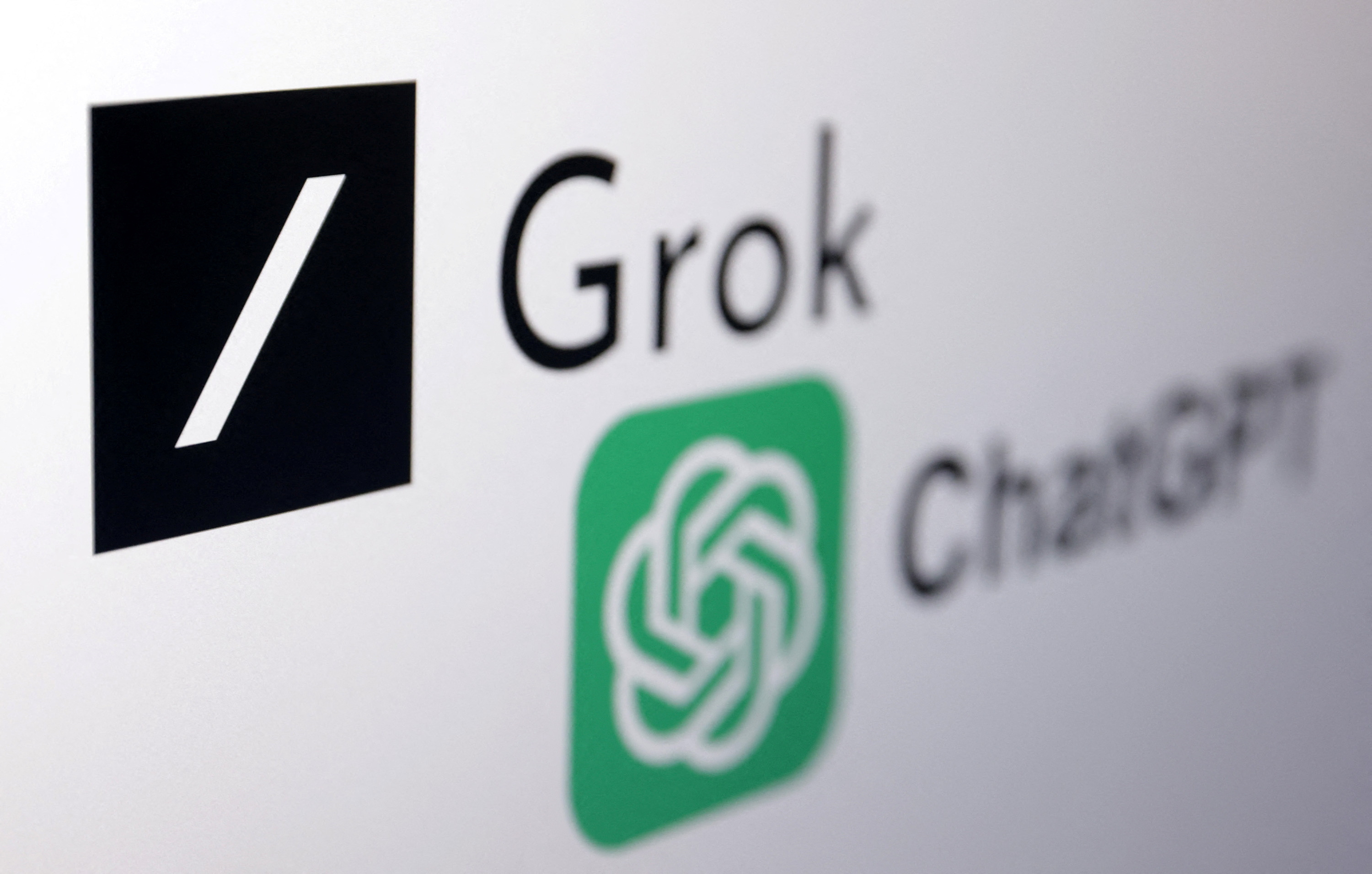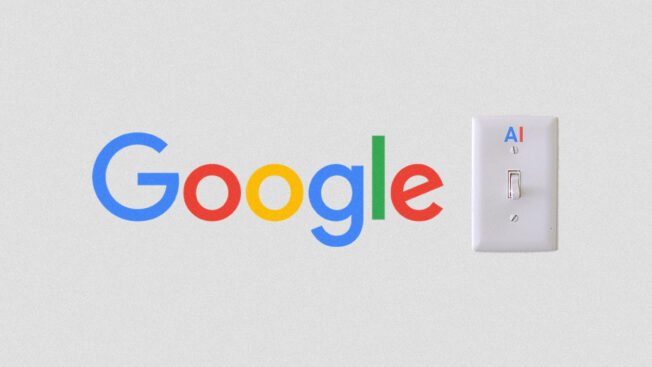Brave has integrated a powerful new AI assistant named Leo directly into its privacy-centric web browser. Available on desktop and Android with iOS coming soon, Leo allows users to interact with web content in exciting new ways while staunchly protecting privacy.
With Leo users can ask questions, and summarize pages, create content, translate text, and transcribe audio and video within Brave’s interface. This eliminates the need to utilize external services that often compromise privacy through tracking and data collection.
At its core, Leo provides an AI-powered upgrade to how users browse the web. It facilitates quickly extracting key information from pages, converting speech to text, translating foreign languages, and automating content creation. Leo brings sophisticated AI capabilities to users’ fingertips without sending their data to the cloud.
Unlike many digital assistants, Leo does not require creating an account or signing in. All interactions happen entirely on-device with no chat records, usage tracking, or model training based on user data. This anonymized approach allows Leo to leverage advanced AI while guaranteeing complete user privacy.

Several powerful AI models fuel Leo’s functionalities, accessible through both free and paid subscriptions. The free version includes Mixtral 8x7B, Claude Instant, and Llama 2 13B, each with defined rate limits. For $15/month, Leo Premium offers higher rate allowances for enhanced productivity.
On desktop, Leo can be activated directly from Brave’s address bar by selecting “Ask Leo” or through the sidebar widget. The Android mobile experience enables users to invoke Leo through the address bar or browser menu. An iOS version is slated for launch soon.
While Leo opens new possibilities, its AI-generated responses may sometimes be inaccurate or biased. Fact-checking outputs is advised, as large language models can “hallucinate” incorrect or nonsensical information. Still, Leo represents a major step toward on-device AI that respects privacy.
Brave aims to balance AI advancement with responsible design. Leo provides users a private portal to AI, allowing them to benefit from its capabilities without compromising privacy for convenience. This approach offers a refreshing contrast to the data harvesting and surveillance associated with many digital tools.
As AI proliferation raises legitimate concerns, innovations like Leo highlight a future where users control their own data. Brave believes that AI should empower people without exploiting them. Leo allows users to enhance how they browse the web while protecting their privacy and security.

Brave’s creation of Leo parallels its broader mission to fix the broken online ecosystem via privacy-by-default design. Just as Brave reimagined web browsing to avoid tracking, Leo reimagines AI as an on-device tool that guards user anonymity.
Leo’s launch represents a milestone at the intersection of ethical AI and privacy-focused technology. Brave continues leading the charge in developing internet services and features that respect user rights. As AI assistants become ubiquitous, Leo offers a refreshing user-centric alternative that could compel other companies to follow suit.
Rather than treat people’s data as commodity, Brave innovates to keep users’ interests first. The possibilities of human-centric AI that Leo embodies will only grow as Brave evolves its vision. In an online world where privacy seems increasingly fleeting, tools like Leo offer hope for a more enlightened path ahead.











